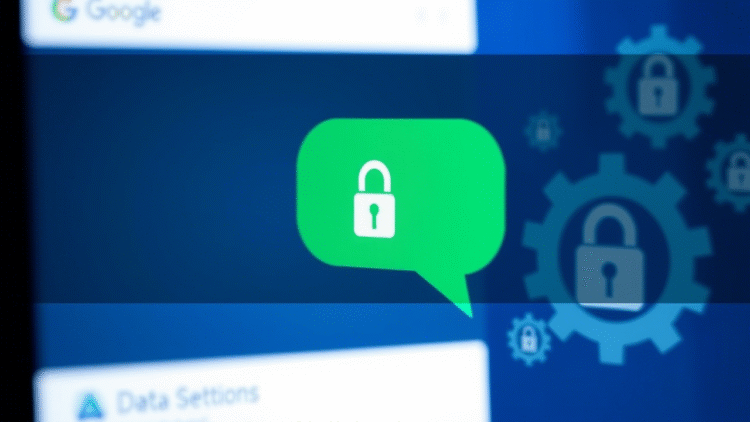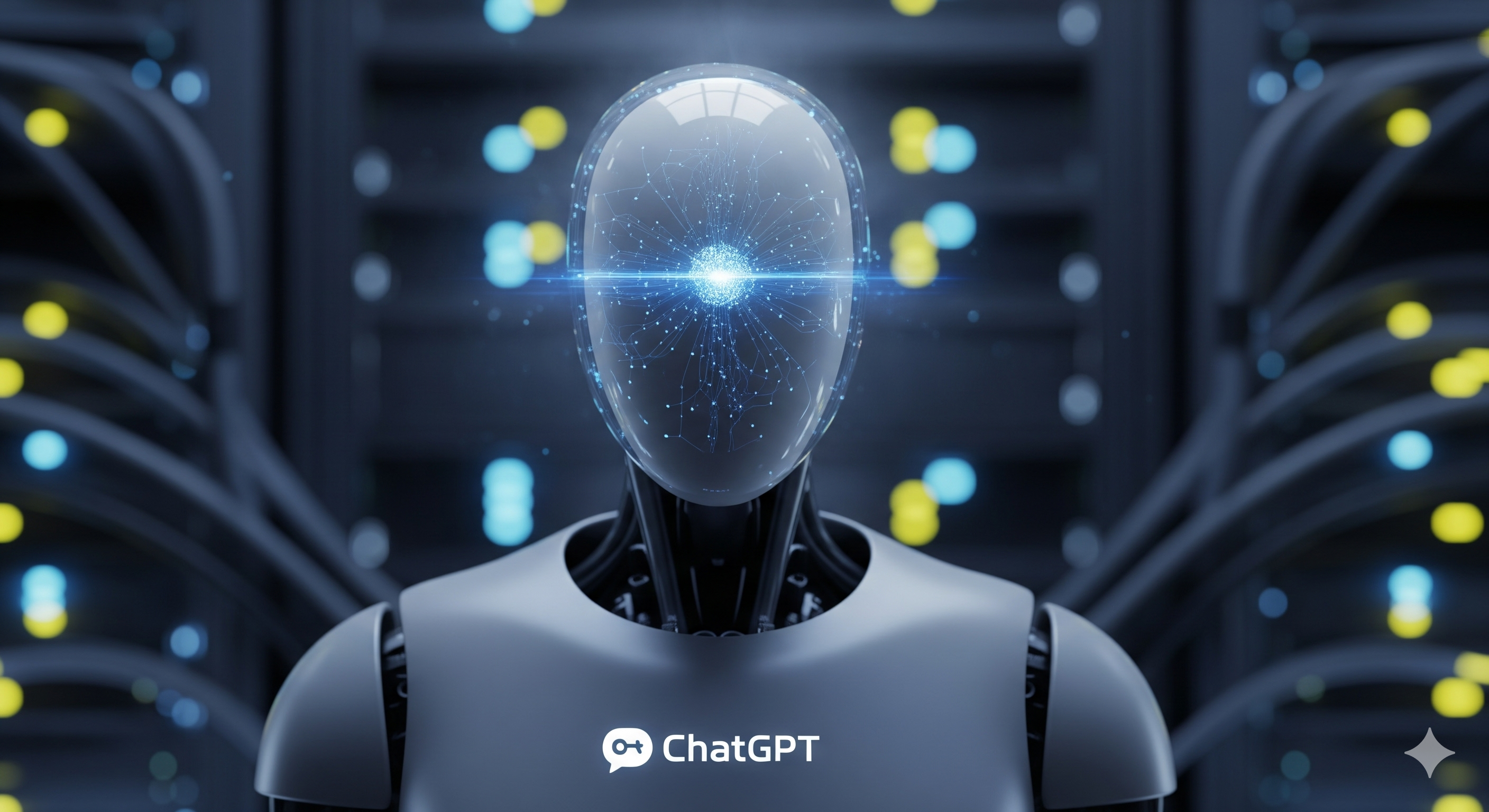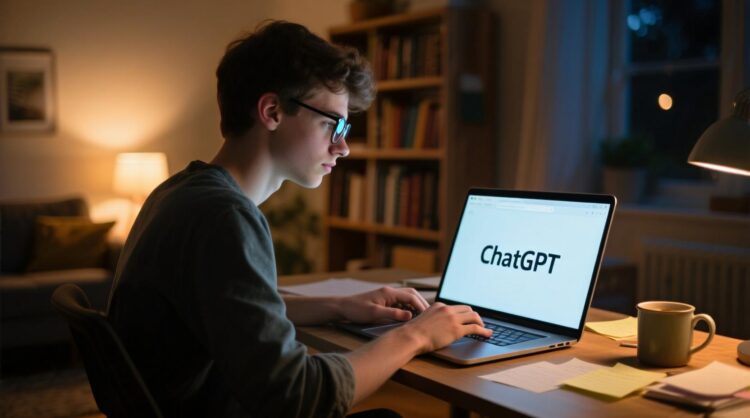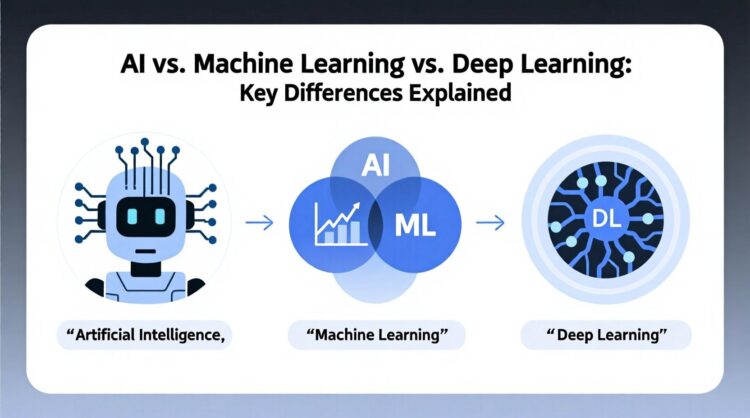
HowToForYou.com – In the ever-evolving world of artificial intelligence and data transparency, a surprising detail has surfaced: ChatGPT conversations that are shared publicly can be indexed by Google and appear in search results. This revelation has sparked both curiosity and concern among users, many of whom were unaware that their shared AI-generated dialogues could end up accessible to the general public.
ChatGPT Conversations in the Google Index
Using a simple search operator—site:chatgpt.com/share—anyone can browse publicly shared ChatGPT conversations via Google. This function doesn’t require advanced tech skills; just a basic understanding of how search engines work. For example, typing site:chatgpt.com/share Elon Musk into Google will surface ChatGPT conversations that include discussions about the tech billionaire.
This indexing capability hinges on one key element: the conversation must be manually shared by the user.
What Makes a ChatGPT Chat Public?
The root of this transparency lies in the Share feature within the ChatGPT interface. Users can find this option in the top-right corner of the web interface or within the dropdown menu of the mobile app under the model’s name. When a user clicks “Share link,” ChatGPT generates a unique public URL for that conversation. At that moment, the chat becomes visible to anyone with the link—including search engines like Google.
While OpenAI does display a message stating that “anyone with the URL will be able to view your shared chat,” it does not prominently warn that these links may be crawled and indexed by search engines.
What This Means for Users
To be clear, no ChatGPT conversations are made public without user action. Only when a user manually shares a link will the conversation become visible online. However, the implications are significant:
-
A shared link is not private. Sending a chat link to a colleague or friend effectively opens that conversation to the internet at large.
-
Only the conversation up to the moment of sharing is public. Additional input or responses after hitting “Share” will not be included in the linked version.
-
These public chats may contain sensitive, odd, or inappropriate content. Since there’s no moderation of shared links, the content accessible through search results can vary wildly—from helpful tech prompts to NSFW language.
Privacy Considerations and Best Practices
As AI adoption becomes more widespread, so too does the need for digital literacy and privacy awareness. If you use ChatGPT for brainstorming, journaling, or testing sensitive content—exercise caution before using the Share feature.
To protect your privacy:
-
Avoid sharing links to personal or confidential chats. Treat shared conversations like any other public post.
-
Review the chat before sharing. Make sure there’s nothing you wouldn’t want appearing in a Google search.
-
Consider alternative methods (like screenshots or copying text) if you want to share information privately.
A New Layer of Digital Etiquette
The newfound visibility of shared AI conversations may usher in a new kind of online behavior. Publicly viewable chats could become a stage for performance, satire, or bizarre creativity. But they could also create unexpected reputational risks for individuals or organizations.
As users adapt, platforms like OpenAI may face increasing pressure to make the implications of sharing more explicit—especially in an age where digital footprints often outlast their creators’ intentions.
Conclusion
Publicly shared ChatGPT conversations entering Google’s search index may come as a surprise, but it’s not an invasion of privacy rather, it’s a consequence of user actions. As AI tools become more ingrained in daily workflows, users must stay informed about how features like “Share” can impact their digital exposure.
Remember: with great AI power comes great responsibility to manage your online presence wisely.





